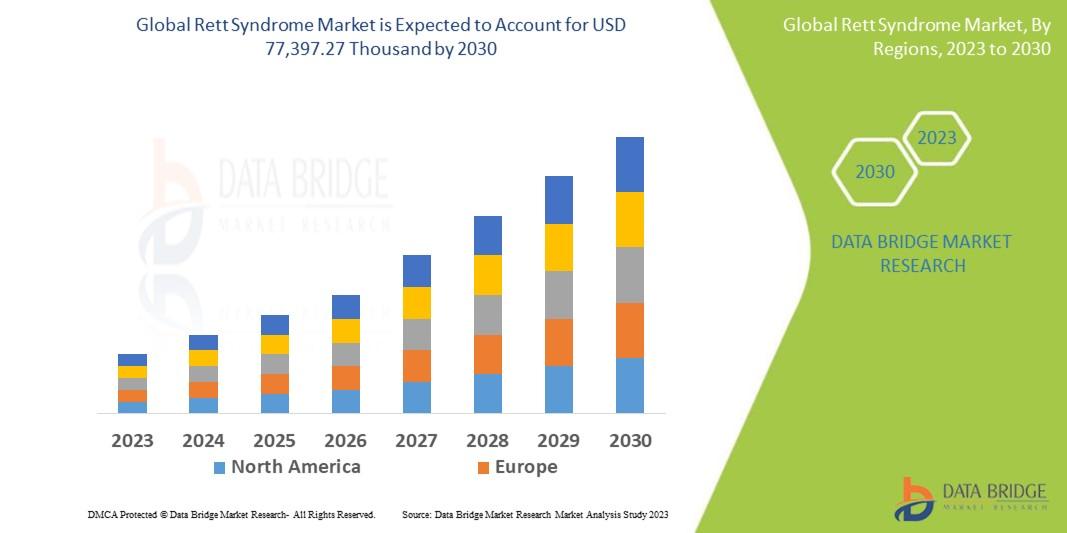Social Media Impact Criminal Cases Explained

Social Media Impact Criminal Cases Explained
Social media has transformed the way we connect, share, and communicate. Platforms like Facebook, Instagram, TikTok, X (formerly Twitter), and even private messaging apps have become part of our daily routines. But beyond entertainment and networking, there’s another side to social media that often goes unnoticed — its role in the legal world.
Today, the social media impact criminal cases is significant and growing. Courts, lawyers, and law enforcement agencies are using digital content as powerful evidence. At the same time, the public nature of these platforms can influence opinions, affect juries, and even determine the direction of an investigation.
In this article, we’ll explore how social media affects criminal cases, the benefits and risks it poses, and why understanding this connection is essential in 2025 and beyond.
1. Social Media as a Source of Evidence
One of the most direct ways social media impacts criminal cases is through evidence gathering. Every post, photo, video, and comment leaves behind a digital trail. These traces can be used in court to prove or disprove claims.
For example:
-
A suspect posting a photo from the location of a crime.
-
Private messages planning illegal activity.
-
A video live-streamed during the commission of a crime.
Even deleted posts are not always gone forever. With the right court order, forensic experts can recover data that defendants thought had disappeared. In some cases, this evidence becomes the turning point in securing a conviction or proving innocence.
2. Public Opinion and Jury Bias
The internet never sleeps, and neither does public opinion. When a criminal case becomes high-profile, it’s common to see trending hashtags, viral posts, and widespread commentary.
The problem? Jurors are supposed to remain unbiased, relying only on what is presented in court. However, it’s difficult to completely avoid seeing or hearing about a case online. This exposure can unintentionally shape a juror’s opinion before the trial even begins.
Judges often instruct juries to avoid social media during trials, but in reality, enforcement is challenging. In extreme cases, juries are sequestered — kept isolated from outside influence — to ensure fairness.
3. Helping Law Enforcement Investigations
Social media isn’t just a passive record of activity; it’s also a tool for active investigation. Police departments and federal agencies use monitoring software to track suspicious activity, keywords, or patterns online.
This can help in:
-
Tracking down suspects
-
Identifying stolen goods for sale online
-
Uncovering gang or organized crime communications
AI-powered analytics now allow investigators to scan millions of posts and quickly spot potential leads. While this speeds up investigations, it also sparks debates about privacy and surveillance.
4. The Risk of Self-Incrimination
Many people underestimate how their own posts can be used against them. A surprising number of defendants have weakened their cases by posting content that prosecutors later used in court.
Examples include:
-
Boasting about committing a crime.
-
Sharing pictures with stolen items.
-
Making threats or inflammatory comments.
Even if your account is private, screenshots and shares can still make their way into public view. This is why defense lawyers often advise clients to completely avoid social media once they are involved in a criminal investigation.
5. Misinformation and Its Dangers
Not everything that circulates online is true. In fact, misinformation spreads faster than facts, and in criminal cases, this can be harmful.
False narratives can:
-
Damage reputations before trial.
-
Influence potential witnesses.
-
Create public pressure on prosecutors or defendants.
In 2025, deepfake technology has added a new layer of complexity. Fake videos and audio recordings can go viral before they’re debunked, and even if proven false, the damage to perception is often irreversible.
6. Witness Intimidation and Harassment
Unfortunately, social media has also made it easier for witnesses to be intimidated or harassed. Threats, doxxing (releasing private information), and targeted online abuse can discourage witnesses from testifying or even participating in investigations.
Courts are increasingly implementing protective measures, such as:
-
Limiting public access to witness information.
-
Allowing anonymous testimony in certain situations.
-
Prosecuting online harassment related to legal cases.
7. Social Media in Appeals and Post-Trial Motions
Social media doesn’t just play a role during investigations and trials — it can also affect appeals. For example:
-
Discovering posts from jurors that reveal bias.
-
Finding new evidence online that wasn’t available during the trial.
-
Proving misconduct by investigators or prosecutors through leaked posts or videos.
In some cases, a single overlooked tweet or Facebook post has been enough to overturn a verdict or prompt a retrial.
8. Defense and Prosecution Strategies
Both sides of a criminal case now understand the power of social media. Lawyers hire digital investigators to comb through accounts for evidence that can help their case.
Defense attorneys might use social media to:
-
Prove an alibi with location-tagged posts.
-
Show inconsistencies in a witness’s story.
-
Highlight prejudicial public comments by prosecutors.
Prosecutors might use it to:
-
Establish motive.
-
Demonstrate a pattern of behavior.
-
Undermine a defendant’s credibility.
In many trials today, what happens online can be just as important as what happens in the courtroom.
9. Legal and Ethical Considerations
While social media can be valuable in court, it must be handled properly to be admissible. Evidence gathering must follow privacy laws, and the chain of custody for digital files must be documented.
Ethical rules also prevent lawyers from misrepresenting themselves online to gain access to private accounts. Both legal and technical expertise are needed to ensure that social media evidence stands up under scrutiny.
10. The Future: AI, Metadata, and Digital Courtrooms
Looking ahead, the role of social media in criminal cases will only expand. Artificial Intelligence can already analyze tone, detect patterns, and identify potentially relevant posts faster than humans. Metadata — hidden details like time, date, and GPS coordinates attached to digital files — will become even more important in verifying authenticity.
We may also see:
-
Virtual reconstructions of events created from social media posts.
-
Blockchain technology to verify evidence integrity.
-
Stricter laws on digital privacy and admissibility in court.
Conclusion
The social media impact criminal cases is undeniable. From serving as direct evidence to influencing public opinion, the digital world is deeply intertwined with the justice system. Social media can help uncover the truth, but it can also complicate trials through misinformation, bias, and harassment.
For defendants, the safest choice is to limit or eliminate social media activity during a criminal case. For lawyers, mastering the digital landscape is now as important as understanding courtroom procedure.
In today’s connected world, your online presence can be your strongest defense or your biggest liability — and in a criminal case, that can make all the difference.








